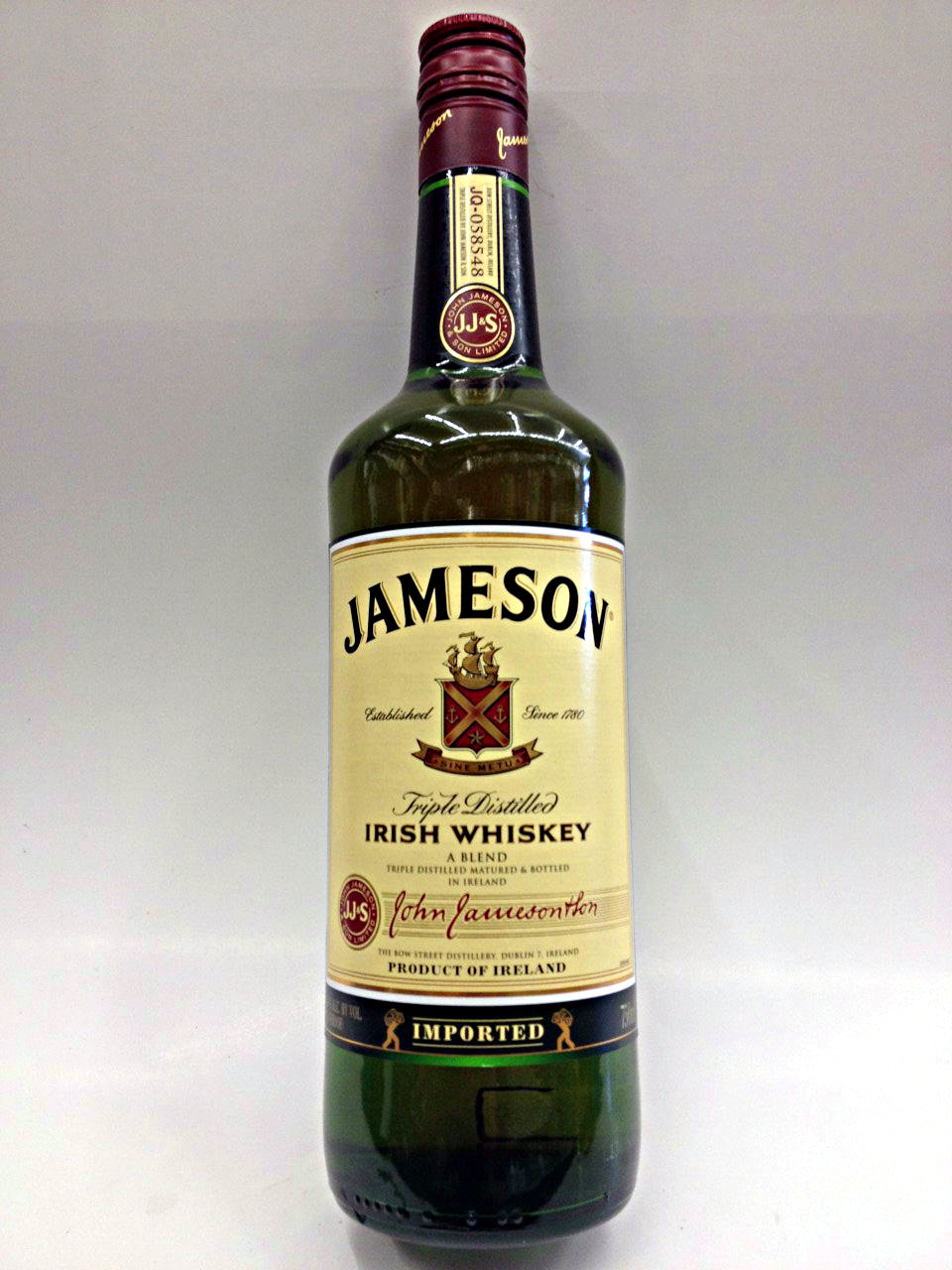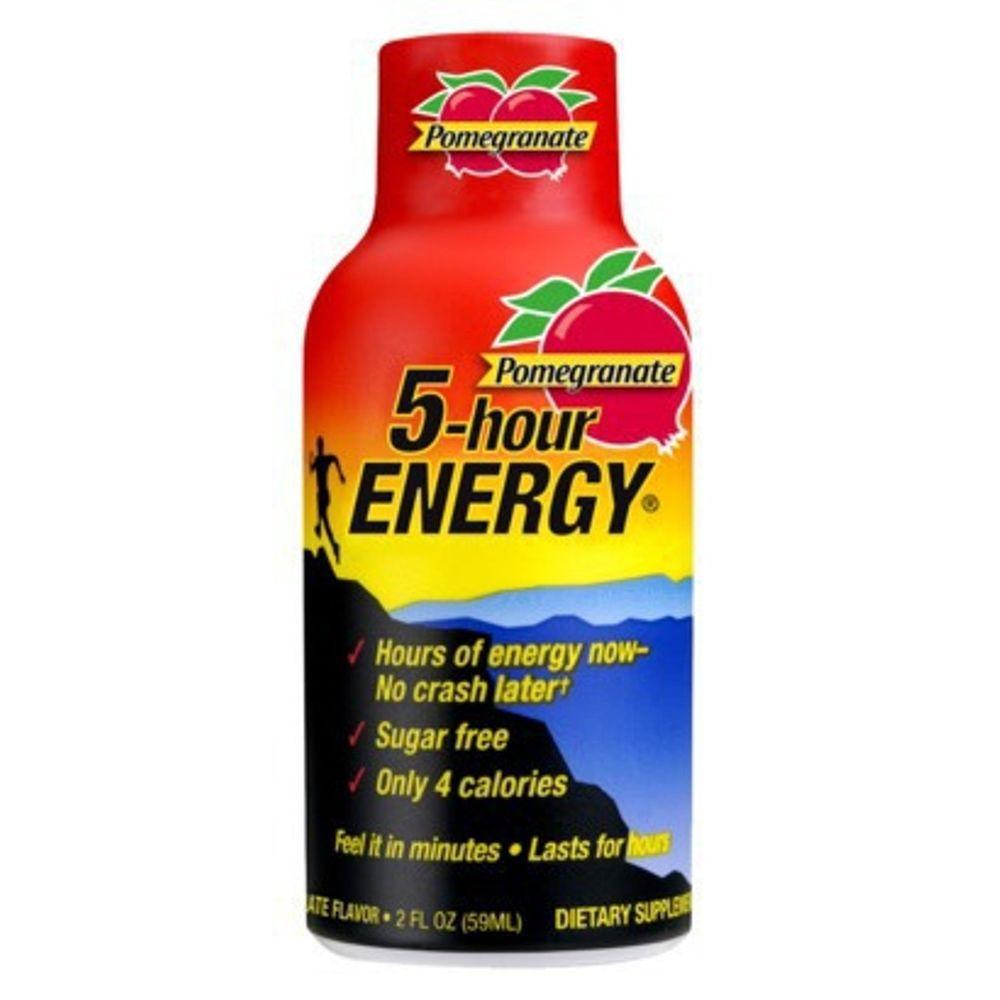- Jan 8, 2011
- 65,068
- 34,476
- 2,605
- Thread starter
- #141
Good God man! Pauling is not a RESPONSIBLE source...he won two Nobel prizes, wrote many best selling books, and is considered one of the greats.I don’t think so. Most adults need 8-10 grams per day and if ill, you need a lot more. I don’t think you can get that much from any diet.
No responsible source recommends anywhere near that amount.
United States vitamin C recommendations
Vitamin C Daily Requirements
- 60 mg/day: Health Canada 2007
- 60–95 milligrams per day: United States' National Academy of Sciences.
- 500 milligrams per 12 hours: Professor Roc Ordman, from research into biological free radicals.
- 3,000 milligrams per day ''(or up to 30,000 mg during illness)'': the Vitamin C Foundation.
- 6,000–12,000 milligrams per day: Thomas E. Levy, Colorado Integrative Medical Centre.
- 6,000–18,000 milligrams per day: Linus Pauling's personal use.
Wow. IN your own post no less.
You DO know how many milligrams are in a gram, right?
Yes, and as I said, no RESPONSIBLE source recommends anywhere near that amount.
Please leave the thread now or be banned.





 In fact they worked so well i'm surprised they don't have a dedicated wing over @ the Betty Ford clinic...
In fact they worked so well i'm surprised they don't have a dedicated wing over @ the Betty Ford clinic...
